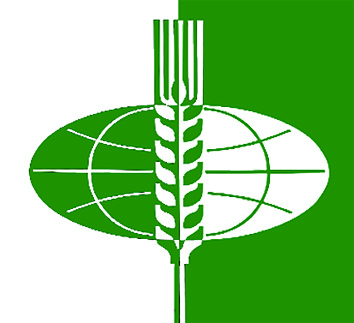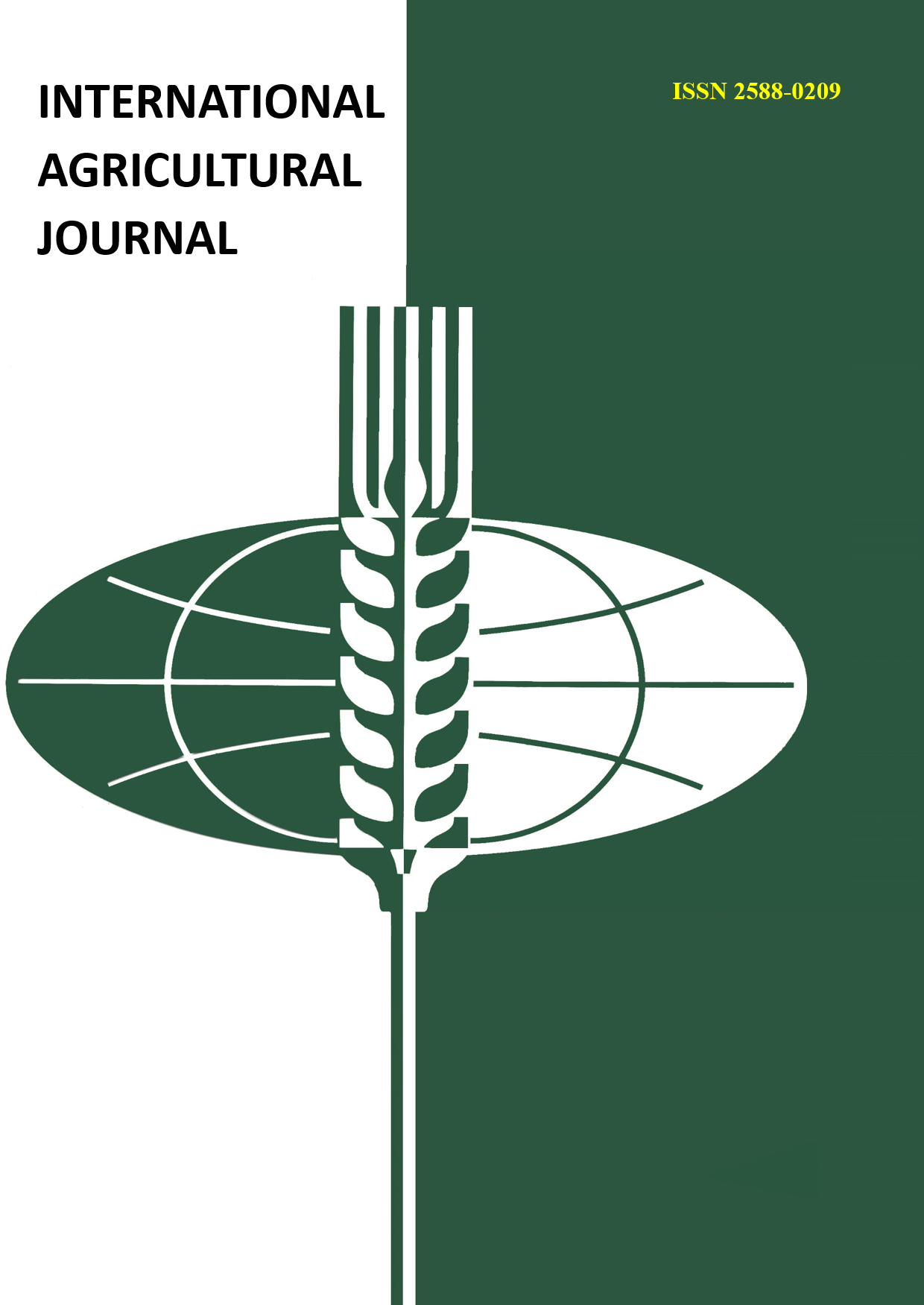Substrate acidity is important for reproduction of Juniperus sabina L. and Thuja occidentalis L. by cuttings. However, the effect of changes in this indicator within a single-component substrate (peat) on the rooting of these crops has been studied slightly. In the nursery "Tsvetnik Urala" (Republic of Bashkortostan, Russia) in the conditions of a spring greenhouse with artificial fog, the influence of top peat acidity on the rooting of semi-woody cuttings of Juniperus sabina L. and Thuja occidentalis L. 'Danica' was studied. In options with peat pH of 4.0, 4.5, 5.0, 6.0, and 6.5, cuttings of Juniperus sabina L. better rooted at pH = 5.0–6.0 (77.0–75.7 %), while the control option with pH = 6.5 showed only 65.7% rooting. The use of peat with pH = 5.0 allowed to increase profitability level by 34%. Cuttings of Thuja occidentalis L. ‘Danica’ rooted better in the option with peat pH = 5.5 (67.4%), which increased profitability level by 59% compared with the control variant with pH = 6.5, in which only 43.2% of cuttings rooted. Juniperus sabina L. and Thuja occidentalis L. ‘Danica’ proved to be amphitolerant plant forms with a wide range of tolerance to pH of organic substrate (peat) from 4.0 to 6.5. Alkalinization of peat to pH = 7.0 led to a sharp decrease in the rooting of cuttings of Thuja occidentalis L. ‘Danica’ (up to 24.1%). The growth of cuttings during rooting was not statistically significantly affected by the change in peat acidity.
mozhzhevel'nik kazackiy, tuya zapadnaya, kislotnost', torf, cherenkovanie, ukorenenie














